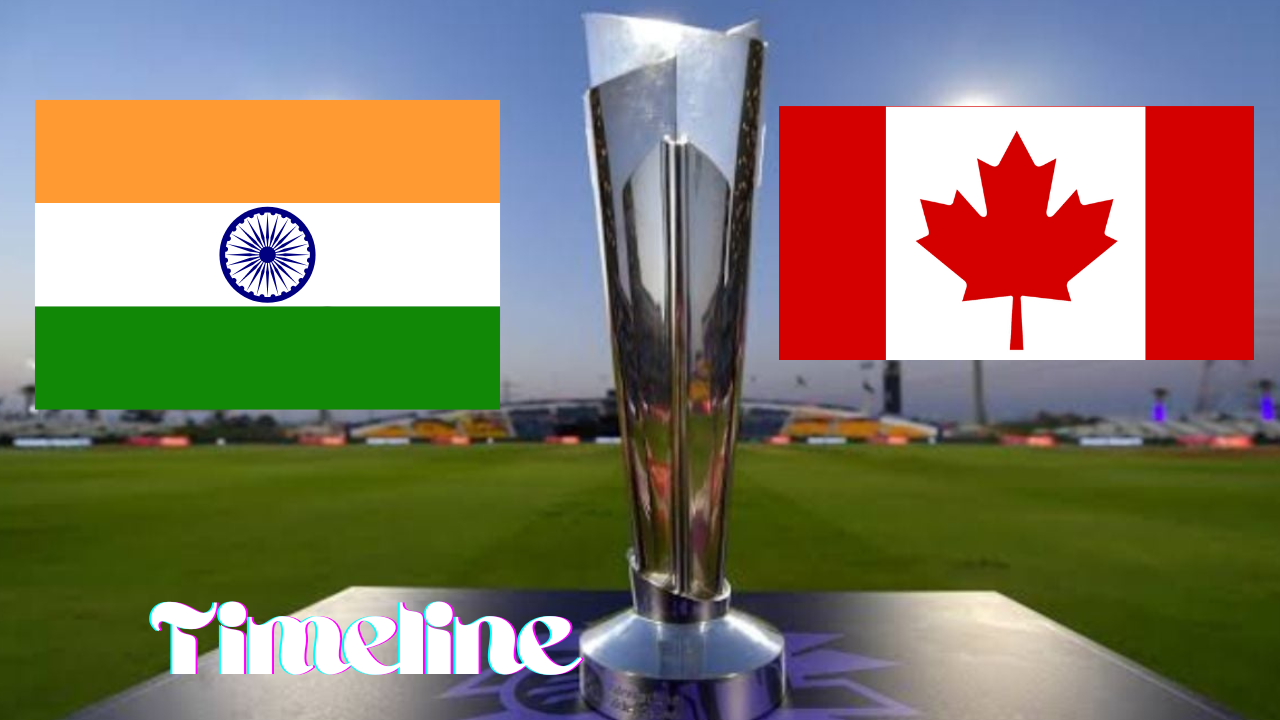The world of esports includes a wide range of genres and styles. Among these, strategic games are particularly notable, requiring players to use deep thinking, quick decision-making, and a solid understanding of game mechanics.
Although the strategy genre is not going through the easiest times in 2024, this does not negate its uniqueness and importance. Strategies have grown into genres such as MOBA and Battle Royale and still remain interesting esports news, gathering hundreds of thousands of readers every month and tens of thousands every day.
In this article, we will look at some of the most popular strategic games in esports, exploring what makes them compelling and how they have influenced competitive gaming.
The Evolution of the Strategy Genre
The history of the strategy genre in video games dates back to the early days of gaming itself. The genre started with simple turn-based games like “Chess” and “Go,” which eventually inspired digital adaptations and more complex titles.
The 1990s saw the emergence of influential games like “Dune II” and “Command & Conquer,” which laid the groundwork for modern RTS games. As technology advanced, the genre evolved to include more intricate mechanics, better graphics, and deeper strategic elements. The rise of online multiplayer capabilities in the late 1990s and early 2000s allowed strategy games to flourish as competitive esports, setting the stage for the titles we see dominating the scene today.
StarCraft II: The Grandfather of RTS
One of the most iconic real-time strategy (RTS) games in esports is StarCraft II. Released by Blizzard Entertainment in 2010, StarCraft II quickly became a global phenomenon. The game pits three unique factions against each other: the versatile Terrans, the technologically advanced Protoss, and the swarm-like Zerg. Each faction has distinct strengths and weaknesses, requiring players to master different playstyles and adapt their strategies based on their opponent.
Success in StarCraft II depends on both micro-management (controlling individual units in battle) and macro-management (resource collection and unit production). The game boasts a robust competitive scene with tournaments like the Global StarCraft II League (GSL) in South Korea and the World Championship Series (WCS), cementing its place as a cornerstone of strategic esports.
Dota 2: The Pinnacle of MOBA Strategy
Another titan in the strategic gaming genre is Dota 2, developed by Valve Corporation. Dota 2 is a multiplayer online battle arena (MOBA) game that has become synonymous with strategic depth and complexity since its official release in 2013. The game has hosted The International, one of the most lucrative esports tournaments in the world.
With over 120 unique heroes, each with distinct abilities and roles, players must not only master their chosen hero but also understand the strengths and weaknesses of others. The game’s meta (most effective tactics available) constantly evolves, driven by frequent updates and patches from the developers. Success in Dota 2 hinges on flawless team coordination, as players must work together to control the map, secure objectives, and ultimately destroy the enemy’s Ancient.
League of Legends: Strategy Meets Accessibility
Similarly, League of Legends (LoL) by Riot Games has achieved unparalleled success since its release in 2009. While sharing similarities with Dota 2, LoL offers a more accessible entry point for new players without sacrificing strategic depth. Riot Games continuously updates LoL, ensuring a fresh and dynamic experience with new champions, balance changes, and gameplay tweaks.
LoL has a massive global player base and a thriving competitive scene, with the annual World Championship (LoL Worlds) drawing millions of viewers. The game’s strategic depth is emphasized by its various objectives, such as taking down turrets, securing Dragon and Baron buffs, and executing coordinated team fights.
Hearthstone: Card-Based Strategy
Hearthstone, another gem from Blizzard Entertainment, brings a different flavor to strategic esports. As a digital collectible card game (CCG), Hearthstone requires players to build decks and outwit their opponents through careful planning and foresight. Success in Hearthstone begins before the match, as players must construct decks that synergize well and counter popular strategies. Unlike the fast-paced nature of RTS or MOBA games, Hearthstone’s turn-based gameplay allows for thoughtful consideration and planning. The game’s meta shifts with each new expansion and balance patch, challenging players to adapt and innovate constantly.
The Impact of Strategy Games on the Esports Industry
The influence of strategy games on the esports industry is profound. These games have elevated the standard for what competitive gaming can achieve, pushing the boundaries of player skill, game design, and spectator engagement. The deep strategic elements and high skill ceilings of games like StarCraft II, Dota 2, League of Legends, and Hearthstone attract a dedicated player base and enthusiastic audiences. Major tournaments for these games offer substantial prize pools and attract millions of viewers worldwide, highlighting the mainstream appeal and commercial viability of strategic esports. Moreover, the analytical and strategic skills honed by players in these games have broader applications, influencing game design, AI research, and even business strategies.
Conclusion
Strategic games in esports offer a unique blend of mental acuity, adaptability, and deep game knowledge. Whether it’s the real-time resource management of StarCraft II, the team-based coordination in Dota 2 and League of Legends, or the deck-building intricacies of Hearthstone, each game presents its own set of challenges and rewards. These disciplines have not only captivated millions of players and viewers worldwide but have also pushed the boundaries of what competitive gaming can achieve. As the esports landscape continues to evolve, these strategic games will undoubtedly remain at the forefront, showcasing the incredible depth and excitement that comes with mastering complex, strategic gameplay.




